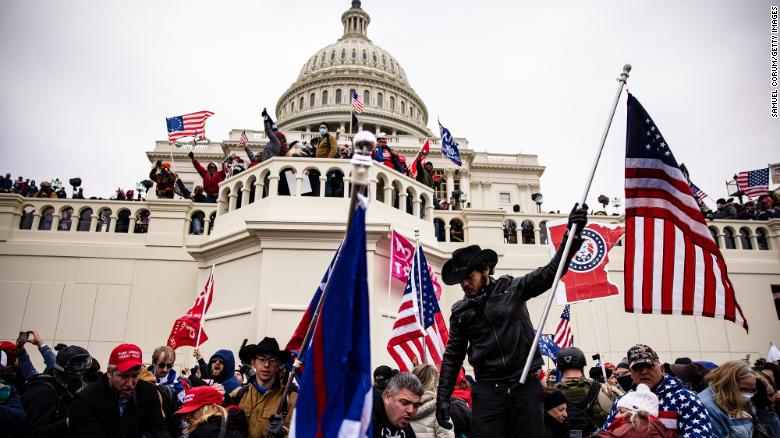Complacency in Defense of Freedom is no Virtue

U.S. liberal democracy is in the worst shape it’s been in decades, possibly since at least the Nixon years if not since the start of the Second Reconstruction. The corrupt, authoritarian demagogue who – thanks to our archaic electoral system – barely lost the presidency in November remains the most powerful force in the GOP. This is despite an incompetent COVID-19 response that led to hundreds of thousands of unnecessary deaths, poor stewardship of an inherited economic expansion, systematic subversion of the rule of law, blanket refusal to submit to congressional oversight, and two impeachments.
Rather than chasten Republicans, the failed insurrection of January 6th has accelerated their embrace of herrenvolk democracy. Between down-ticket results in 2020 and McConnell’s successful effort to pack the federal courts with partisan hacks, there are very few obstacles to the consolidation and establishment of state-level competitive authoritarianism.
These developments, in turn, may not be enough to prevent a future Democratic presidential candidate from winning the November election, but they will likely make it possible for Republicans to prevent congress from certifying the results. In fact, if Republicans had maintained control of the House of Representatives in 2018, we might be currently living in the third month of Trump’s second term.
The upshot is that the country is still very much in a “house on fire” moment, one that requires steps to restore the rule of law and reconsolidate U.S. democracy. Democrats can make progress on both fronts. They can subject Trump and the Trump administration to belated oversight. They can pass the kinds of reforms included in H.R. 1.* They likely only have two years to make serious progress on both fronts.
Of course, they can’t do the latter so long as Senators such as Manchin and Sinema believe that their personal political prospects are 1) more important than free and fair elections and 2) enhanced by the continuation of the filibuster. They can’t do the former if the Biden Administration decides that Trump-era claims about executive power might be worth defending.
After Mnuchin’s refusal, CREW filed a FOIA request asking for documents showing whether the IRS had rebuffed similar congressional requests in the past. When the IRS failed to respond, CREW sued. In the lawsuit, the IRS’s communications with CREW confirmed that Mnuchin’s refusal to provide tax returns was unprecedented. IRS attorneys told CREW that, to the best of their knowledge, the request from Neal was “the only time that the IRS failed to comply with a valid 6103(f)(1) or (f)(2) request,” meaning the type of request Neal used.
The House is still litigating the Trump tax return subpoena in court, and the Biden Administration recently asked a federal court for more time to determine its position on whether the IRS should comply with the subpoena. This should not be a hard call. Yellen should honor the law and precedent by releasing Trump’s tax returns to Congress. Given that Mnuchin’s refusal to comply with the request was unprecedented, the Biden Administration should have no trouble reversing the suspect call made by Trump’s Treasury Department to shield his records from congressional scrutiny.
Much like Biden’s failure to actually implement his reversal of Trump’s noxious policies on refugees, this kind of dithering probably seems reasonable to some group of decision makers within the executive branch. Outside of the bubble, though, it’s obviously reckless.


